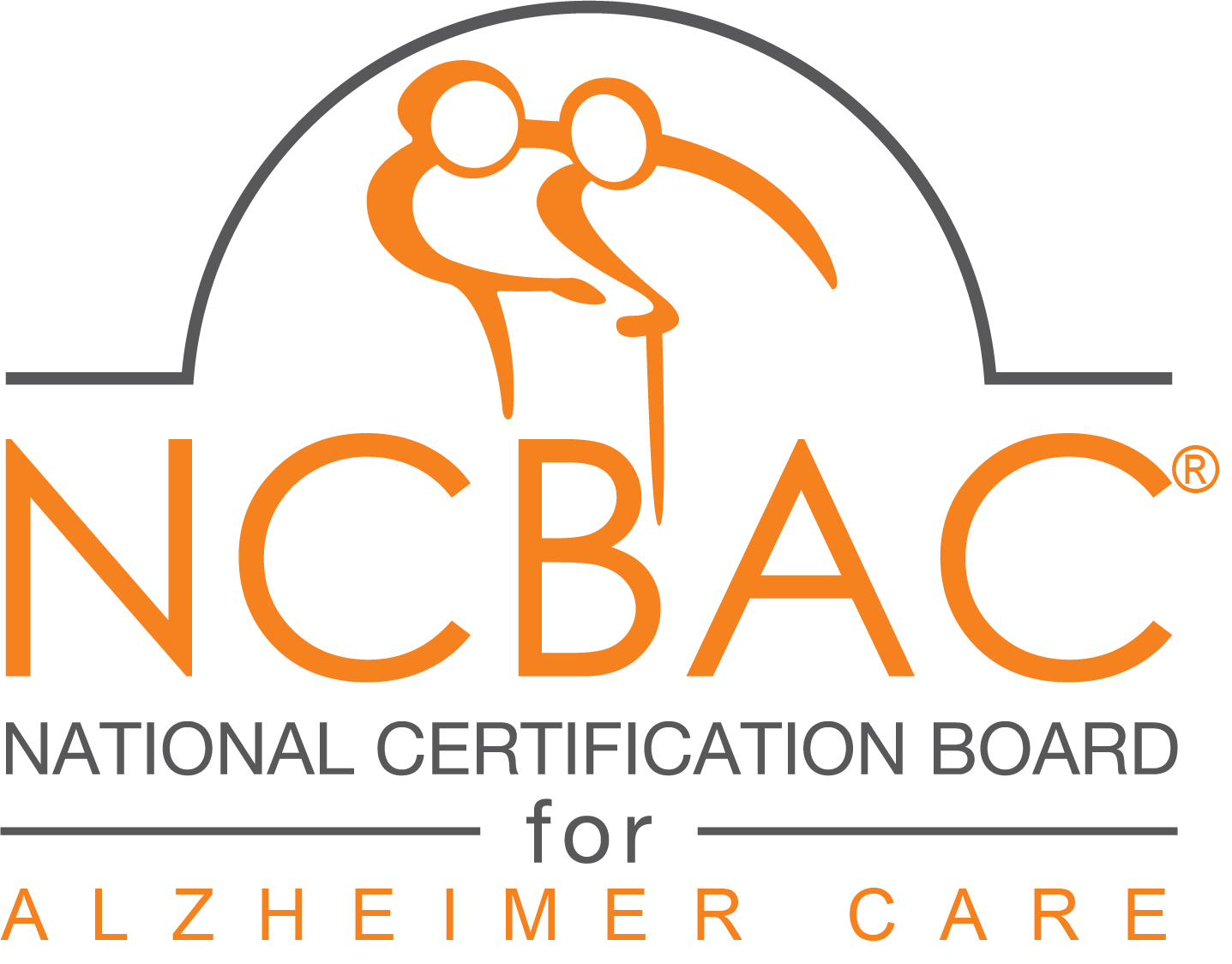Novartis AG NVS +1.16% thinks its best bet for testing two new Alzheimer’s drugs is on people who don’t actually have Alzheimer’s.
The Swiss drug giant is looking for people whose genes put them at high risk of developing Alzheimer’s, but who haven’t yet fallen victim to the mind-robbing disease. It hopes such early treatment proves more successful than past efforts to tackle the disease once it has taken hold.
